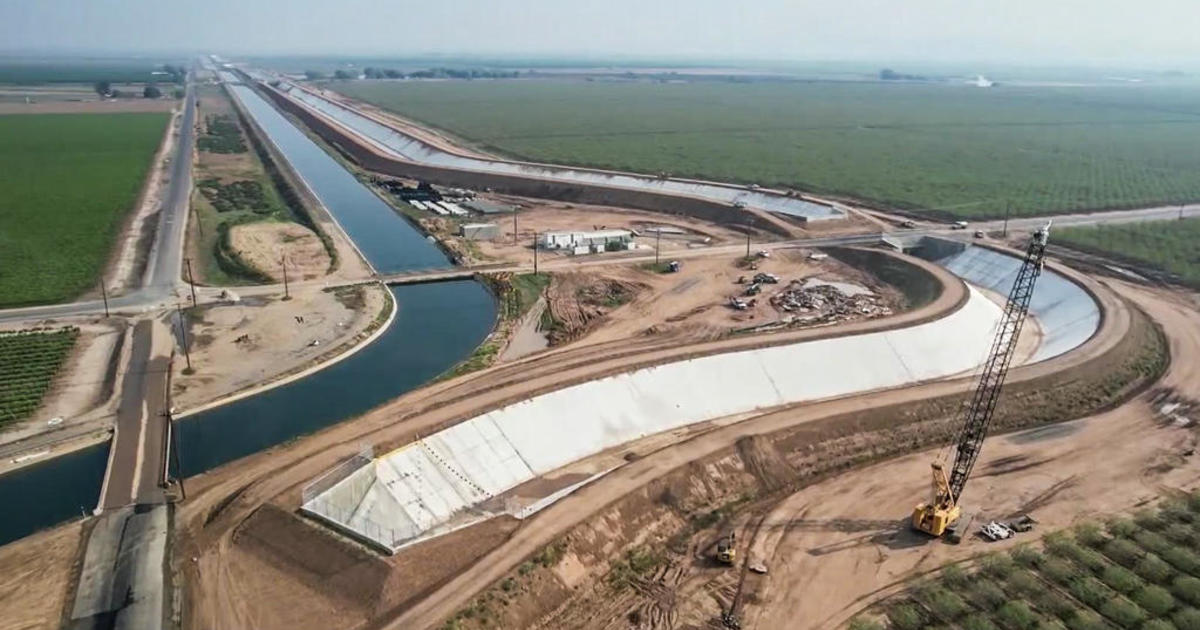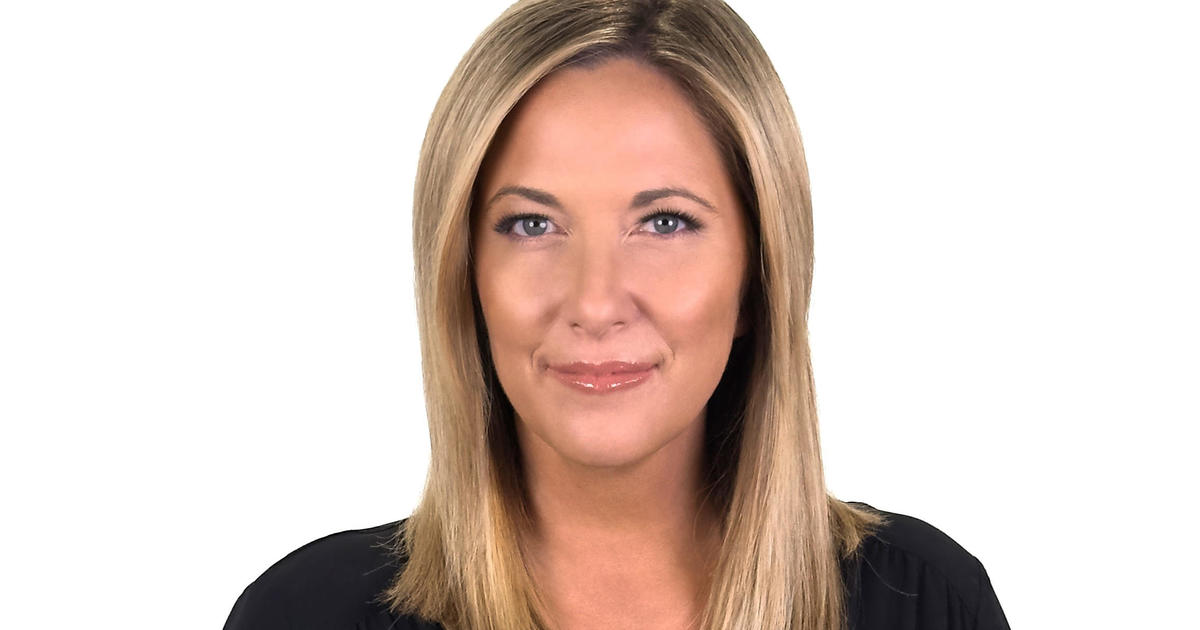Math Plays A Major Factor In Delegate Distribution For California Primary
SAN FRANCISCO (KPIX) -- The 2020 campaign has hit its first primary in New Hampshire. Add up Iowa, New Hampshire, South Carolina and Nevada there are 155 delegates up for grabs in the four states to hold primary votes.
In three weeks, there's California with 495 delegates of its own. The math that determines how those delegates are awarded may make it difficult for any one candidate to claim a sweeping victory here.
"I'm willing to bet, right here and now, that no candidate for the Democratic nomination in 2020 is going to sweep California," predicted political strategist Darry Sragow. "It's just not going to happen."
As a longtime Democratic strategist, Sragow says the complexity of the delegate math might leave voters and candidates perplexed.
"In our infinite wisdom, the Democratic party has managed to cut this into lots of little pieces," explained Sragow.
KPIX Interview With Political Strategist Darry Sragow
The California primary isn't one contest. In reality, it is many. The majority of the state's delegates, 272 of them, come from votes in California's 53 congressional districts. Think of each one of those districts as a mini-primary.
But there's a catch. Only the candidates who reach 15 percent get to split the delegates awarded from that district. Every candidate who comes in below 15 percent gets nothing.
There is another contest at the state level that is good for 144 delegates, but the same rules apply. Only those candidates who achieve 15 percent or above get anything, and again, they split the rewards. It is all this dividing up of the delegates that will make it hard for anyone to get a lion's share of them.
There's also another possible outcome within these rules.
"The counter risk is that you don't cross 15 percent statewide, you don't cross 15 percent in a whole bunch of the 53 congressional districts, and you come out of California with next to nothing," Sragow said of the under-performance perils.
The 53 mini contests is also why candidates like Michael Bloomberg are courting voters in cities like Fresno.
"You're going to go to San Bernardino and Riverside," said California Democratic Party Chairman Rusty Hicks. "You're going to go to Fresno and Kern and Tulare County."
Hicks says the district contests makes the entire state valuable, effectively expanding the chess board. But with 53 districts, those 15 percent thresholds and multiple competitive candidates, the strategizing and the prognosticating is complicated.
"Having done all the things I've done in politics, if some candidate came to me and said, 'I'm going to pay you big bucks to figure out how to really maximize my vote in California,' I would just look at them and say '"I can't help you. I just don't know,'" said Sragow.
California will also send 79 unpledged delegates to the convention. That is a downsizing of the unpledged delegates formerly known as "superdelegates."



